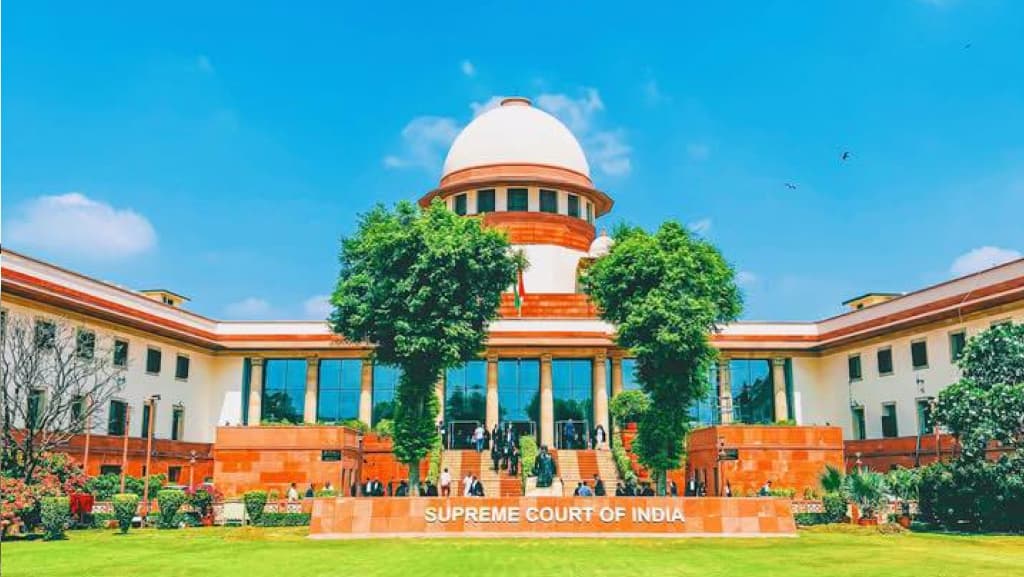
Convicted of killing father and grandmother, Indian Apex Court Acquits man on grounds of legal insanity
The court also criticised the police, pointing to an absence of motive. It also cited a SC order, stating that it was concerned with legal insanity.
A 25-year-old man who was convicted last year by a Sessions Court in Dhamtari for murdering his father and grandmother and sentenced to life imprisonment, has been acquitted by the Chhattisgarh High Court in India on the grounds that he fits the “legal insanity” criteria.
The crime dates back to April 13, 2021. The accused, according to court documents, was reportedly mentally unstable and had been locked in his room. Around 11 pm, he asked his mother to open the door, saying he wanted water. Fearing his behaviour, she refused and called her husband, who eventually opened the door.
When his family asked why he was creating a ruckus, he shoved his mother and allegedly attacked his father and grandmother. His mother rushed to alert their neighbours. By the time she returned, the two were dead.
The case went to the Sessions Court, which convicted the man of double murder and sentenced him to life imprisonment in February 2024.
The case came up before the High Court this year. His counsel, Abhishek Sinha, argued that his client was suffering from insanity at the time, and a non-examination of his mental state creates a serious infirmity in the case.
Sinha said the accused had suffered a head injury during the Covid-19 lockdown and was undergoing treatment at Raipur’s “mental hospital”.
After hearing both sides, Chief Justice Ramesh Sinha and Judge Bibhu Datta Guru set aside the life imprisonment sentence, acquitted the man, and set him free.
The court also criticised the police, pointing to an absence of motive. It also cited a Supreme Court order, stating that it was concerned with legal insanity and not medical insanity.
The judges underlined an excerpt from the SC order, which states, “But where during the investigation previous history of insanity is revealed, it is the duty of an honest investigator to subject the accused to a medical examination and place that evidence before the Court and if this is not done, it creates a the serious infirmity in the prosecution case and the benefit of doubt has to be given to the accused.”
“The absence of motive, especially in cases involving close kin, further supports the inference that the act was not driven by rational intent, but rather by a disturbed mental condition. This factor has been consistently recognised by courts as relevant while evaluating pleas of legal insanity.”
Citing the apex court ruling on legal insanity, the court further said, “The apex court has held that an accused who seeks exoneration from liability of an act under Section 84 (act of a person of unsound mind) of IPC has to prove legal insanity and not medical insanity.
Since the term insanity or unsoundness of mind has not been defined in the Penal Code, it carries different meanings in different contexts and describes varying degrees of mental disorder. A distinction is to be made between legal insanity and medical insanity. The court is concerned with legal insanity and not medical insanity.”
The order noted, “The provisions of Section 22 of the BNS (Section 84 IPC) will come to the rescue of an accused, when he/she was not knowing that what he/she was doing was wrong or… contrary to law. To ascertain (this), the imperative circumstances and the behaviour preceding, attending, and following the crime are the main considerations
For any enquiries please fill out this form, or contact info@thelawreporters.com Follow The Law Reporters on WhatsApp Channels